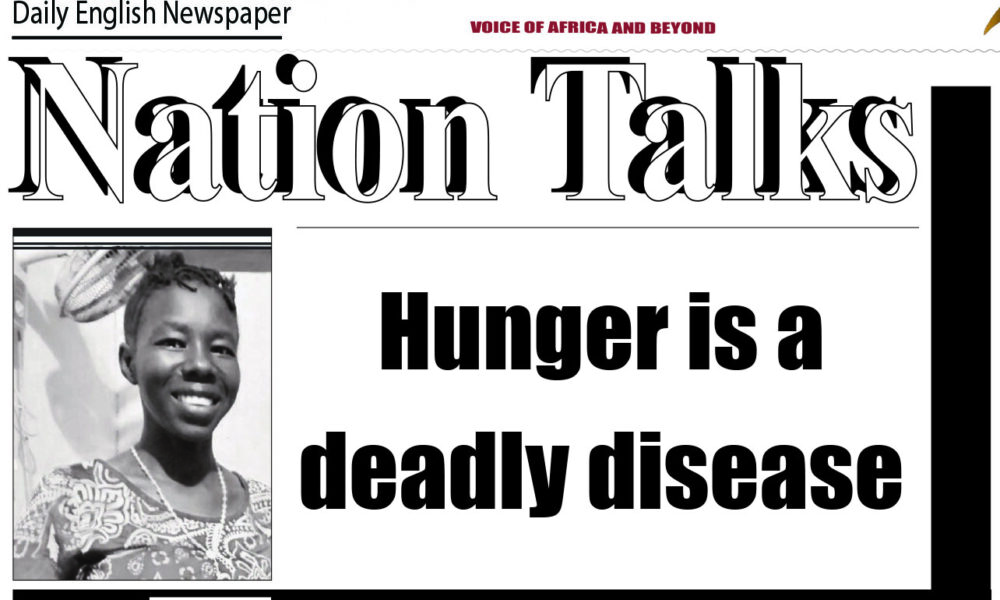South Sudan is currently facing a severe hunger crisis that threatens lives as the local currency continues to depreciate against the US dollar.
This situation highlights the failure to effectively manage the economy of South Sudan. This further raises concerns about the economic competence of the leaders and the ability to bring peace and stability.
Leaders must understand that in times of economic hardship, they should stand with the citizens rather than enriching themselves. Agriculture could have been a potential solution, but insecurity in several parts of the country, which endangers people’s lives, poor transportation infrastructure, and other factors have contributed to the decline of the nation’s economy.
The impact is not limited to civil servants; even the military, who are now performing duties beyond their scope, have resorted to becoming tax collectors from the already burdened citizens. They stop vehicles day and night, demanding documents, often leading to extortion. This desperate behaviour is a result of delayed salaries.
Ordinary citizens are suffering from hunger as they struggle to access their villages for trade and small-scale farming. Many mistakenly believe that Juba, the capital city, is the safest place to reside, unaware of its dangers.
To address these challenges, the government must prioritize the implementation of the peace deal, invest in road infrastructure, ensure nationwide security, and timely pay the military to avoid them resorting to criminal acts against civilians.
The situation demands immediate action and a comprehensive approach. Leaders must prioritize the well-being of their citizens, providing them with the necessary support, security, and opportunities to overcome this hunger crisis.
Failure to do so will only exacerbate the suffering and undermine the prospects of a prosperous future for the nation.




